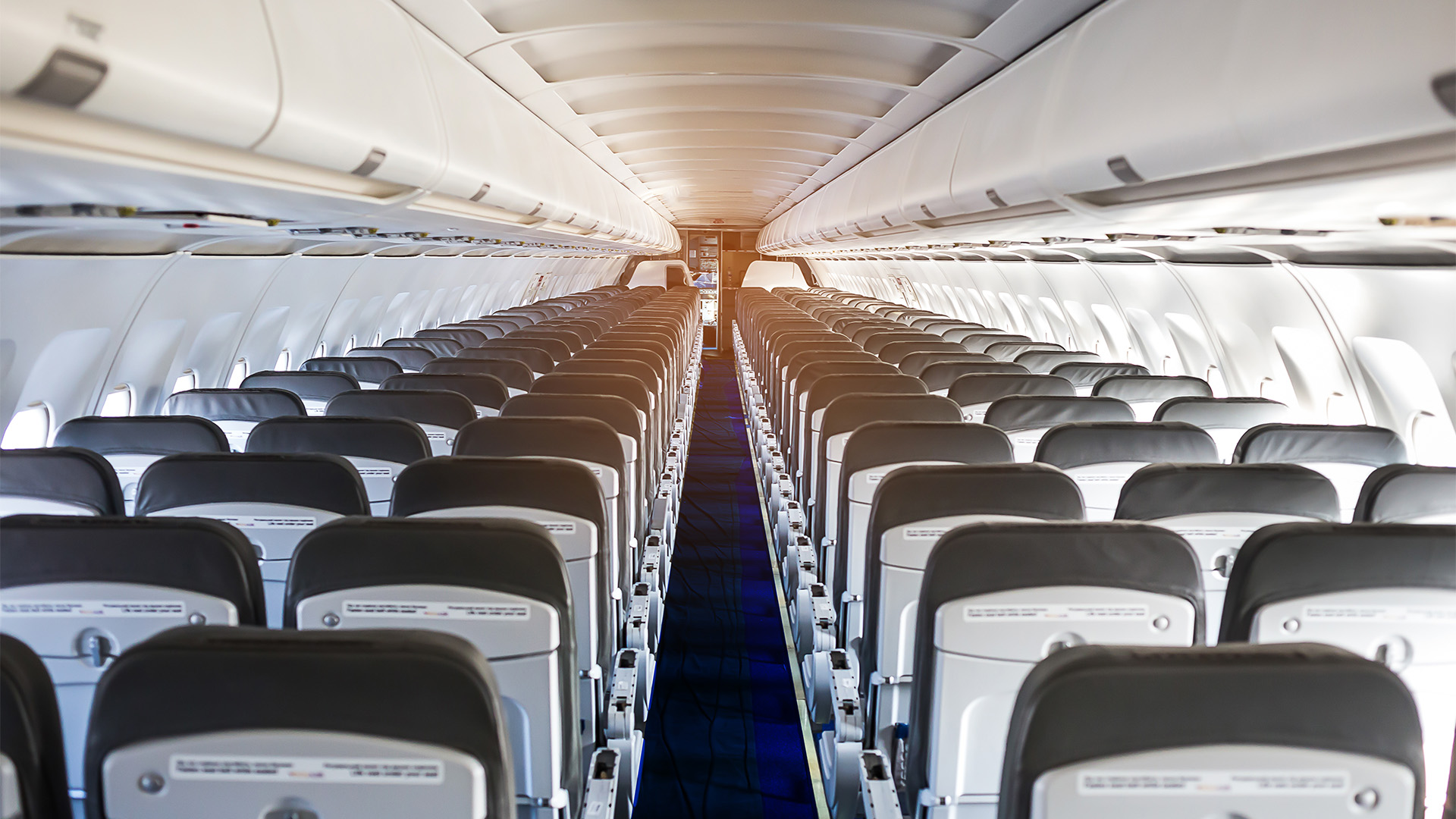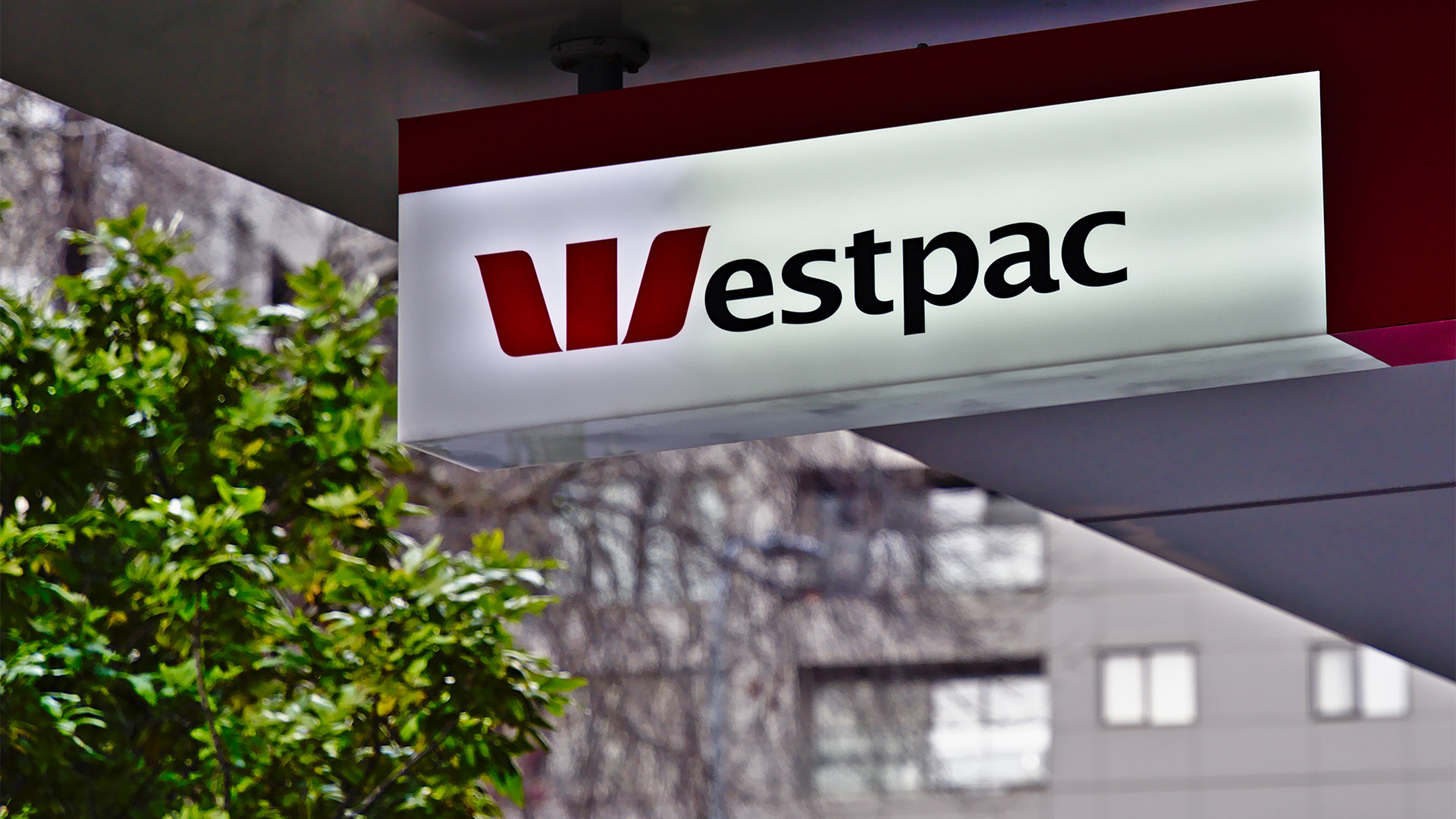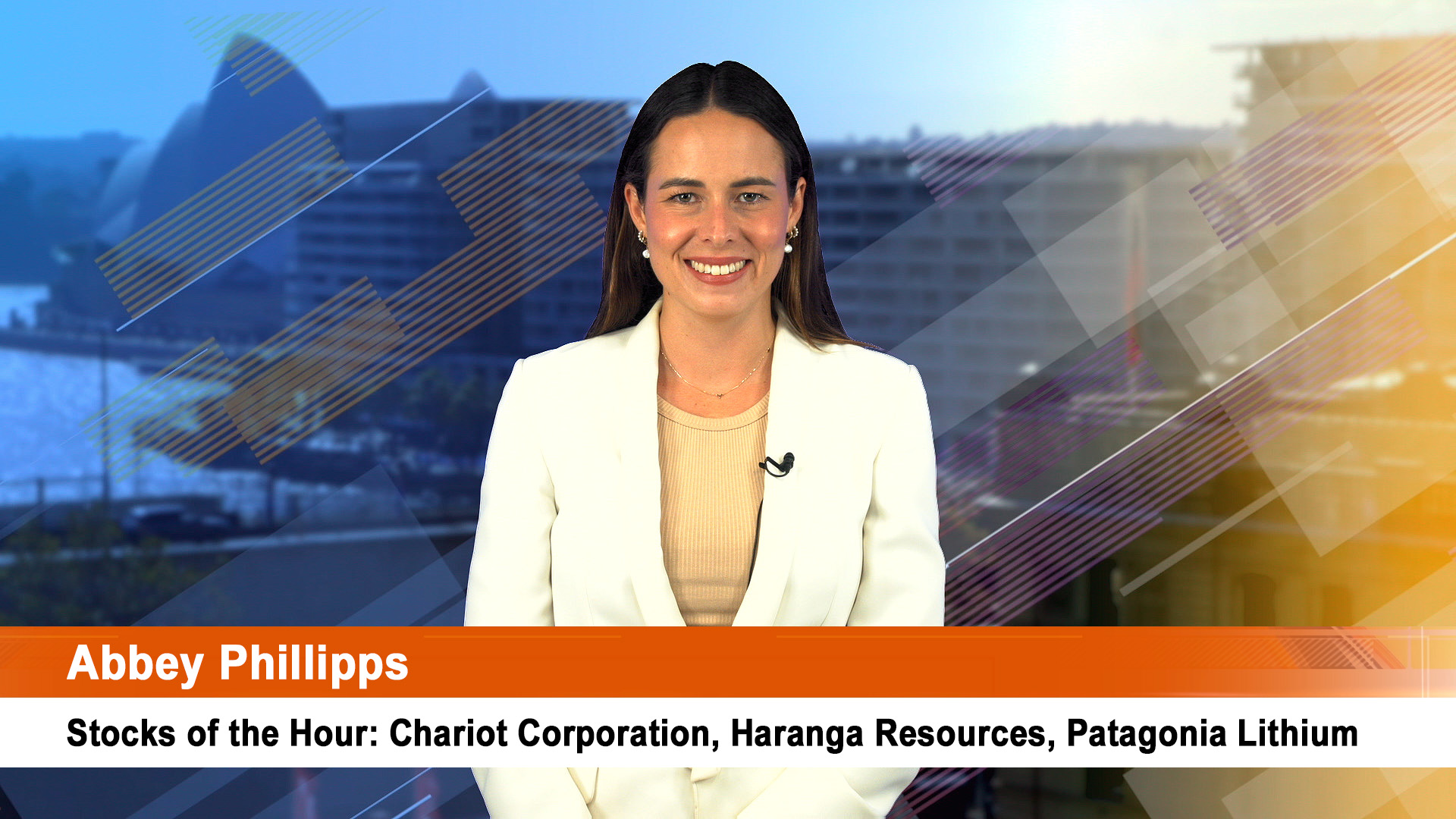It would have been music to the ears of an Australian Reserve Banker.
Comments yesterday by Chinese Premier Wen Jiabao sound suspiciously like they could have been written at the Martin Place HQ of our central bank, not in some air conditioned office in Beijing.
He said China’s key economic tasks for this year are to curb accelerating inflation and prevent overheating.
"It is getting harder to control inflation,” Wen said in a report for the annual meeting of the National People’s Congress in Beijing.”Financial controls need to be strengthened, and the excessively fast growth in money supply and lending should be curbed.”
Wow, was that the Chinese Premier or Glenn Stevens speaking?
This is what the Australian said Tuesday in his statement accompanying a rate rise:
"This adjustment was made in order to contain and reduce inflation over the medium term. Inflation was high in 2007…Domestic demand grew at rates appreciably higher than the growth of the economy’s productive capacity over the year. Labour market conditions remained strong into early 2008 and reports of high capacity usage and shortages of suitable labour persist.
"Inflation is likely to remain relatively high in the short term, and will probably rise further in year ended terms, before moderating next year in response to slower growth in demand."
Here, as yesterday’s GDP figure shows, we had growth in 2007 of 3.9%, and inflation of around 3.6% (and domestic growth of around 5.1%).
China had growth of more than 11% and in January the inflation rate jumped to an annual 7.1%.
China has problems and opportunities, we seemingly have only problems.
But for Premier Wen, inflation and strong growth are twin devils at the end of his first five-year term and as he embarks on another.
The Premier set an 8% growth target for 2008, unchanged from last year and in line with goals of 7% to 8% for the past decade.
As China grew at 11.4% last year you’d have to wonder if a slowing of this size (a quarter) is feasible.
Commentators in Hong Kong and Beijing say the growth figure could range from 9% to 10.5% over the year.
It will have an impact on demand for a wide range of products from countries like Australia, except for food as China faces growing demands from its rising middle classes for better and more varied choice of food.
With world stocks of food commodities such as oils and grains low and supply constrained because of demand from biofuels and the impact of poor weather (drought in Australia), controlling inflation and growth will be tough.
High world prices for oil and internal price controls on oil products set up a clash down the track that will in the end be won by the market as shortages appear.
Above all the Government wants calm, stable prices, low pollution and a prosperous image for the Beijing games in August.
Activity in building and construction and in demand for steel and a wide range of commodities could very well fall sharply in the back half of 2008. Coming on top of slowing demand from the US and Europe, China could find that even its (proportionately) small export sector has to redirect more and more products into the domestic sector to sell them.
December last year saw the central bank change to a "tight” monetary policy from the previous "moderate tightening” bias. (Again that would resonate nicely at the RBA.)
Wen reiterated that stance yesterday.
But so far in 2008 the government hasn’t raised interest rates, after six increases in 2007, and has allowed faster gains by the Yuan (to appease foreign critics and to try and drive down import costs and push up export prices, which in turn cut profit margins). The Yuan has risen almost 3%, compared to 7% for all of 2007.













